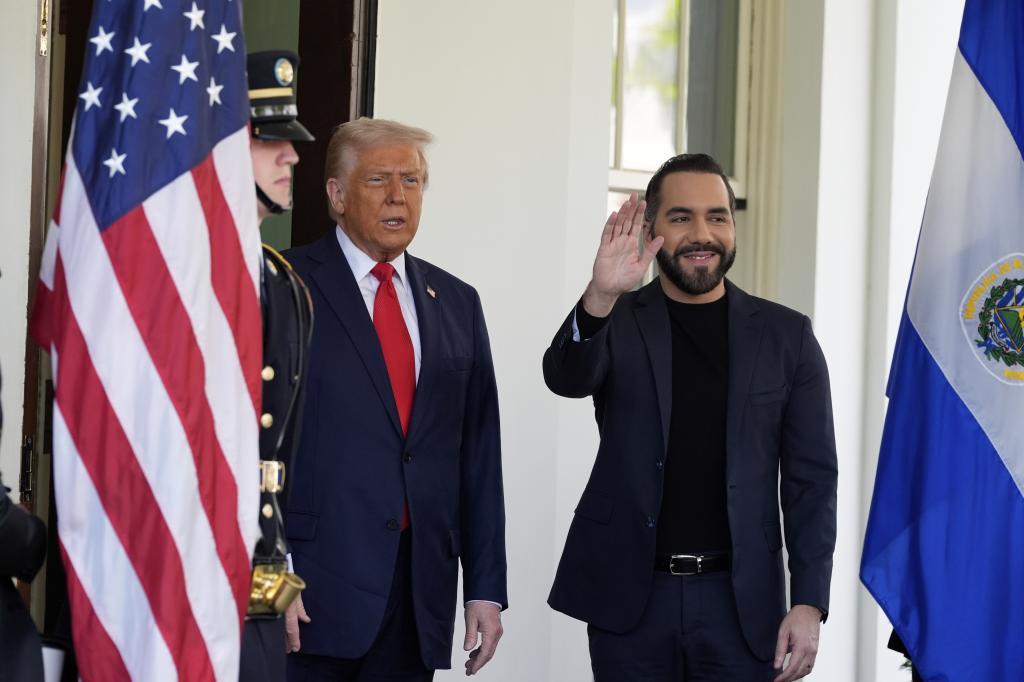The United States government has stated that the President of El Salvador, Nayib Bukele, should not be lumped together with leaders of other countries it considers dictatorships, after Bukele's party and allies removed presidential term limits. Bukele shared the U.S. support statement on Tuesday.
The United States Department of State said in a statement to The Associated Press that the constitutional change eliminating term limits in the Central American country was carried out by a "democratically elected" Assembly and that it is "up to them to decide how to govern their country."
"We reject the comparison of El Salvador's legislative process, based on democracy and constitutionally sound, with illegitimate dictatorial regimes elsewhere in our region," the statement read.
The approval of indefinite presidential terms last week raised concerns from observers and the opposition in El Salvador, who pointed out that this meant the end of democracy in the country. The Legislative Assembly also approved extending presidential terms from five to six years.
"It is regrettable to see the United States government defending attempts to establish an autocracy in El Salvador. This undermines the credibility of the State Department's criticisms of authoritarian governments and dictatorships in the region," said Juan Pappier, Americas deputy director at Human Rights Watch.
The Archbishop of El Salvador, José Luis Escobar Alas, joined those expressing concern on Wednesday and called on lawmakers to reconsider the approval of the reform without consulting the Salvadoran people, which was crucial for the "legitimacy of a constitutional reform."
Bukele and his party Nuevas Ideas have spent years consolidating their power, weakening checks and balances by placing loyalists in the highest courts, undermining government oversight bodies, and targeting political opponents and critics.
The Salvadoran president remains hugely popular, largely due to his crackdown on gangs, which were once powerful in the country, bringing security, although critics argue it comes at the expense of due process.
Bukele defended the constitutional changes last week, pointing out in X that many European nations allow for indefinite reelection, but that "when a small and poor country like El Salvador tries to do the same, suddenly it's the end of democracy."
Critics have argued that it is a false comparison, as those nations have stronger democratic institutions to serve as checks on executive power. Those critics are leaving the country out of fear of being arrested.
Observers say Bukele is increasingly cracking down on dissent, emboldened by his alliance with U.S. President Donald Trump. After initially criticizing Bukele, the Biden administration has largely remained silent on human rights violations and power concentration in El Salvador, as the country helped curb migration northward.
But as Trump has reshaped American democracy, Bukele's critics say the lack of pressure from the United States and praise from Trump officials have given the Salvadoran president an opportunity to consolidate power more quickly.
In just a few months, Bukele's government has arrested some of its most outspoken critics, violently suppressed a peaceful protest, and passed a "foreign agents" law similar to those used by the governments of Russia, Venezuela, Nicaragua, and Belarus to silence dissent by exerting pressure on organizations dependent on foreign funding.
Over 100 human rights activists, academics, journalists, and lawyers have fled El Salvador in recent months, claiming they were forced to choose between exile or imprisonment.
